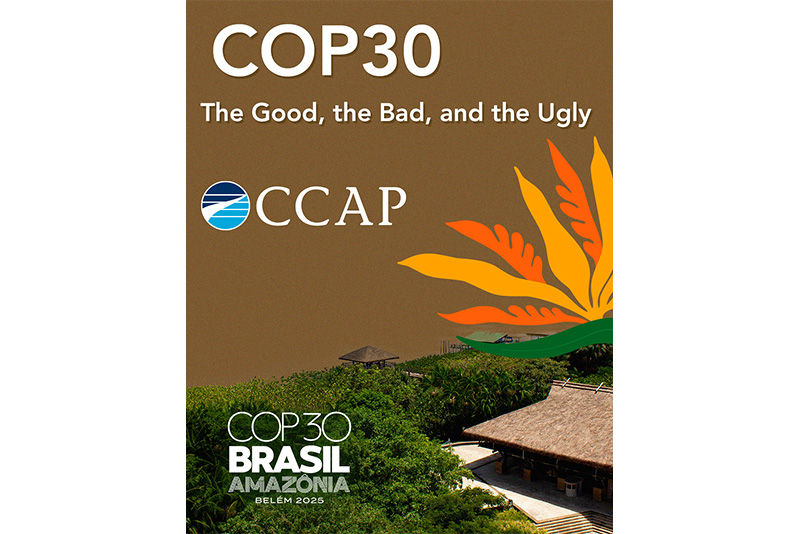NAMA Funding Available through Germany-UK NAMA Facility
- Leila Yim Surratt
- Jul 22, 2013
- 3 min read
Formally launched at COP18 in Doha, Germany and the United Kingdom’s International NAMA Facility is now seeking submissions. The NAMA Facility has initial funding of nearly $100 million and is intended to support developing countries’ efforts to implement transformational, country-led NAMAs. Germany and the UK deserve tremendous credit for their leadership in making these investments in policies proposed by developing countries that can achieve multiple benefits including climate mitigation, sustainable development and poverty reduction. The first call for NAMA proposals opened in July and will run through September 2, 2013.
Over the last two years, developing countries have made significant progress in developing NAMAs. CCAP has worked with developed and developing countries to create a shared vision for NAMAs and the role they can play in achieving climate mitigation and sustainable development goals. CCAP has worked closely with a number of developing countries to structure specific NAMAs in the energy, waste and transport sectors. And in May 2013, in conjunction with the Danish Ministry of Climate, Environment and Buildings, CCAP convened a Global NAMA Financing Summit where senior government officials from 10 developing countries, including Pakistan’s Federal Secretary for Climate Change, and Vice Ministers from Colombia, Costa Rica, and Uruguay, showcased 14 NAMA proposals. These NAMAs couple ambitious policy actions in key sectors with financial mechanisms that can mobilize private sector investment. The proposals highlight the transformational role NAMAs can play in moving a country and sector toward a low-carbon development path.
A number of leading developed countries also see the potential for NAMAs to make a significant contribution to closing the mitigation gap, and are providing funding to support NAMAs. Germany, Denmark, Canada and Norway, to name a few, have given grants and technical assistance to developing countries to design NAMAs. With the launch of the International NAMA Facility, Germany and the UK are now taking the next critical step by providing financing to implement NAMAs. Importantly, one of the primary selection criteria is the extent to which the NAMA contributes to a transformation of the national or sectoral development toward a low-carbon development path.
One way NAMAs can lead to transformational change is by combining government policies with fiscal measures to catalyze a pipeline of mitigation projects and mobilize private sector investment. With almost three quarters of global climate finance coming from the private sector, mobilizing private sector investment in climate mitigation is critical to addressing the mitigation gap (Climate Policy Initiative, 2012). Policies and regulations can drive private sector investment in low-carbon technology through mandates and by influencing the relative risks and returns of investment choices. Financial mechanisms can be coupled with these government policies to overcome investment barriers. By leveraging the international support available from donor governments and institutions, NAMAs can achieve the desired scale of activity. Rather than using the limited funds to pay the full incremental cost for one low-carbon project, a well-designed NAMA will couple government policies with financial support that together target the barriers to low-carbon investment and create a pipeline of commercial investment opportunities for development banks and the private sector. This represents a new paradigm for development assistance in that government policy changes are directly linked to financing mechanisms aimed at increasing the economic attractiveness of the investments to the private sector. Moreover, aligning the NAMA with core sustainable development, poverty reduction and health protection objectives will build host country political support and ensure that such policies are sustained after the international assistance has ended. The NAMA reflects a commitment from the government and a tangible plan that can attract private investors.
CCAP applauds Germany and the UK for their leadership in making available funding specifically for NAMA implementation and creating a “race to the top” by offering funding support for NAMAs that achieve greenhouse gas reductions and sustainable development goals, mobilize additional investments in climate mitigation, and lead to transformational outcomes. To read more about the Facility, including the selection process and submission templates, please click here.





Comments